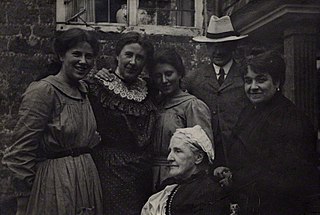A Quote by Joy Williams
The writer doesn’t write for the reader. He doesn’t write for himself, either. He writes to serve…something. Somethingness. The somethingness that is sheltered by the wings of nothingness — those exquisite, enveloping, protecting wings.
Related Quotes
There are, first of all, two kinds of authors: those who write for the subject's sake, and those who write for writing's sake. ... The truth is that when an author begins to write for the sake of covering paper, he is cheating the reader; because he writes under the pretext that he has something to say.
To speak of this subject you must... explain the nature of the resistance of the air, in the second the anatomy of the bird and its wings, in the third the method of working the wings in their various movements, in the fourth the power of the wings and the tail when the wings are not being moved and when the wind is favourable to serve as guide in various movements.
As soon as I start to write I'm very aware, I'm trying to be aware that a reader just might well pick up this poem, a stranger. So when I'm writing - and I think that this is important for all writers - I'm trying to be a writer and a reader back and forth. I write two lines or three lines. I will immediately stop and turn into a reader instead of a writer, and I'll read those lines as if I had never seen them before and as if I had never written them.
What things there are to write, if one could only write them! My mind is full of gleaming thought; gay moods and mysterious, moth-like meditations hover in my imagination, fanning their painted wings. But always the rarest, those streaked with azure and the deepest crimson, flutter away beyond my reach.
Writer’s block is my unconscious mind telling me that something I’ve just written is either unbelievable or unimportant to me, and I solve it by going back and reinventing some part of what I’ve already written so that when I write it again, it is believable and interesting to me. Then I can go on. Writer’s block is never solved by forcing oneself to “write through it,” because you haven’t solved the problem that caused your unconscious mind to rebel against the story, so it still won’t work – for you or for the reader.





































